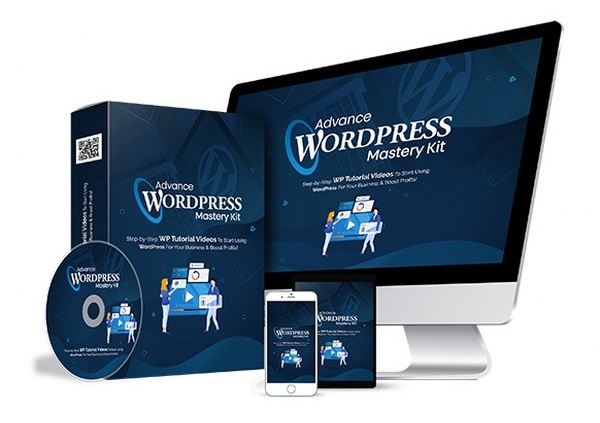The Pros and Cons of Freelancing: Is It Right for You?
Freelancing offers a unique blend of freedom and responsibility, enabling individuals to pursue a career path on their own terms. While it’s become an attractive option for many professionals, it is not without its challenges. In this comprehensive exploration, we will dissect the advantages and drawbacks of freelancing, helping you assess whether this career model aligns with your goals, lifestyle, and professional aspirations.
The Pros of Freelancing
- Flexibility and Autonomy
Freelancing provides the unparalleled advantage of setting your own schedule and controlling your work environment. As a freelancer, you can choose the clients you wish to work with, select projects that align with your expertise, and manage your time according to personal preferences. This flexibility fosters work-life balance and provides the opportunity to engage in projects that fuel your passion. - Diverse and Exciting Projects
Freelancers enjoy the privilege of working on a wide array of projects across various industries. Whether you’re a content writer, graphic designer, developer, or marketing consultant, freelancing offers an opportunity to diversify your portfolio and gain experience in fields beyond the traditional corporate role. This variety not only keeps your work engaging but also enhances your professional growth. - Income Potential
Freelancing offers the opportunity to earn more than traditional employment, particularly if you specialize in high-demand niches. By setting competitive rates based on your skill level and expertise, you can significantly increase your earning potential. As your reputation and client base grow, so does your income, creating the possibility for a financially rewarding career. - Location Independence
The freedom to work from any location is one of the most appealing aspects of freelancing. Whether at home, in a co-working space, or while traveling, freelancing allows you to escape the confines of a traditional office setting. This mobility is especially advantageous for those who value flexibility and a lifestyle that integrates travel or personal pursuits.

The Cons of Freelancing
- Income Instability
One of the primary challenges of freelancing is the unpredictability of income. Unlike salaried employees, freelancers face the fluctuations of project availability, client payments, and market demand. This can create periods of financial uncertainty, making it essential for freelancers to plan for lean times and manage their finances effectively. - Lack of Employee Benefits
Freelancers are responsible for their own benefits, including health insurance, retirement savings, and paid time off. This lack of traditional benefits can be a significant downside, especially for those who rely on employer-provided healthcare or need financial support during breaks between projects. Freelancers must factor in these costs when budgeting their rates and planning for the future. - Social Isolation
While the freedom of working independently is appealing, it can also lead to feelings of loneliness and isolation. Freelancers often work from home or solo offices, which can reduce social interaction with colleagues. This absence of a structured, collaborative environment may be particularly challenging for those who thrive in team-based settings or require regular social engagement for mental well-being. - Self-Discipline and Time Management
As your own boss, time management and self-discipline are crucial to success in freelancing. Without a structured work environment, it can be easy to fall behind on deadlines or become overwhelmed with multiple projects. Staying organized, managing tasks efficiently, and maintaining motivation is essential for sustaining productivity and ensuring high-quality results for clients.

Is Freelancing Right for You?
Ultimately, whether freelancing is the right path for you depends on your personal goals, work preferences, and ability to manage the challenges of independent work. If you are motivated by flexibility, autonomy, and the opportunity to work on diverse and engaging projects, freelancing could offer a rewarding career. However, if you prefer financial stability, employee benefits, and the structure of a traditional office job, freelancing might not be the best fit.
Freelancing is not for everyone. It requires a proactive mindset, strong time management, and the ability to handle uncertainty. For those still unsure, starting freelancing as a side gig can help you gauge whether this path suits your aspirations.
Conclusion
Freelancing offers a wealth of opportunities but also presents its own set of challenges. Understanding both the pros and cons is vital to making an informed decision about your career. If you’re prepared to navigate the ups and downs, freelancing can lead to a fulfilling and financially rewarding career. Consider your personal preferences, financial situation, and work habits before taking the leap into the freelance world.



Responses